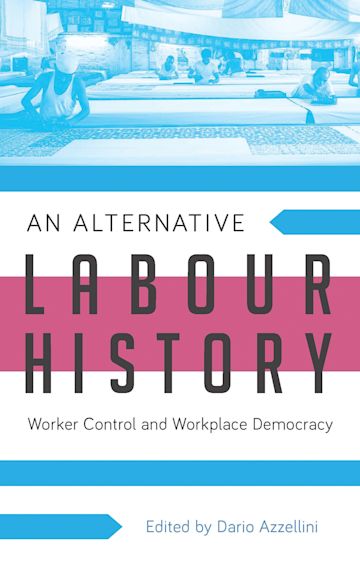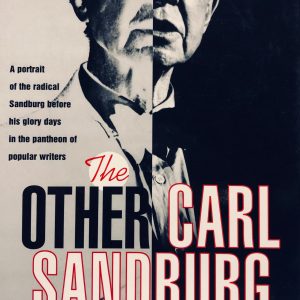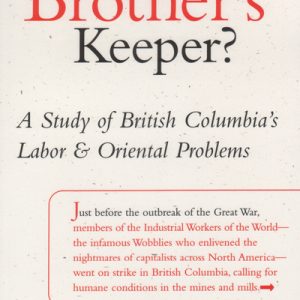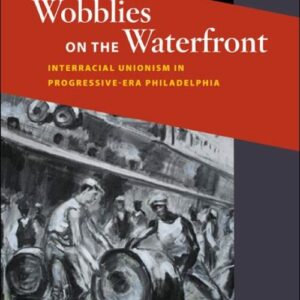An Alternative Labour History
$27.95
Out of stock
Description
Worker Control and Workplace Democracy
Edited by Dario Azzellini
Zed Books
The global financial crisis has led to a new shop-floor militancy. Radical forms of protest and new workers’ takeovers have sprung up all over the globe. In the US, Republic Windows and Doors started production under worker control in January 2013. Later that year workers in Greece took over and managed a hotel, a hospital, a newspaper, a TV channel and a factory.
The dominant revolutionary left has viewed workers’ control as part of a system necessary during a transition to socialism. Yet most socialist and communist parties have neglected to promote workers’ control as it challenges the centrality of parties and it is in this spirit that trade unions, operating through the institutional frameworks of government, have held a monopoly over labor history.
Tracing Marx’s writings on the Paris Commune through council communism, anarcho-syndicalism, Italian operaismo, and other “heretical” left currents, An Alternative Labour History uncovers the practices and intentions of historical and contemporary autonomous workers’ movements that until now have been largely obscured. It shows that by bringing permanence and predictability to their workplaces, workers can stabilize their communities through expressions of participatory democracy. And, as history has repeatedly shown, workers have always had the capacity to run their enterprises on their own.
“An Alternative Labour History is a hugely important contribution to that old socialist question: how can ordinary people exercise self-government in the matters that matter most to their daily lives? The essays here update the vision of workers’ councils in response to the ecological crisis and to the prospects raised by popular uprisings. Get this book!”―Paul Buhle, author of Marxism in the United States
Additional information
| Weight | 16.4 oz |
|---|---|
| Dimensions | 8.5 × 5.5 × 1 in |
| Format | Paperback |
You must be logged in to post a review.





Reviews
There are no reviews yet.